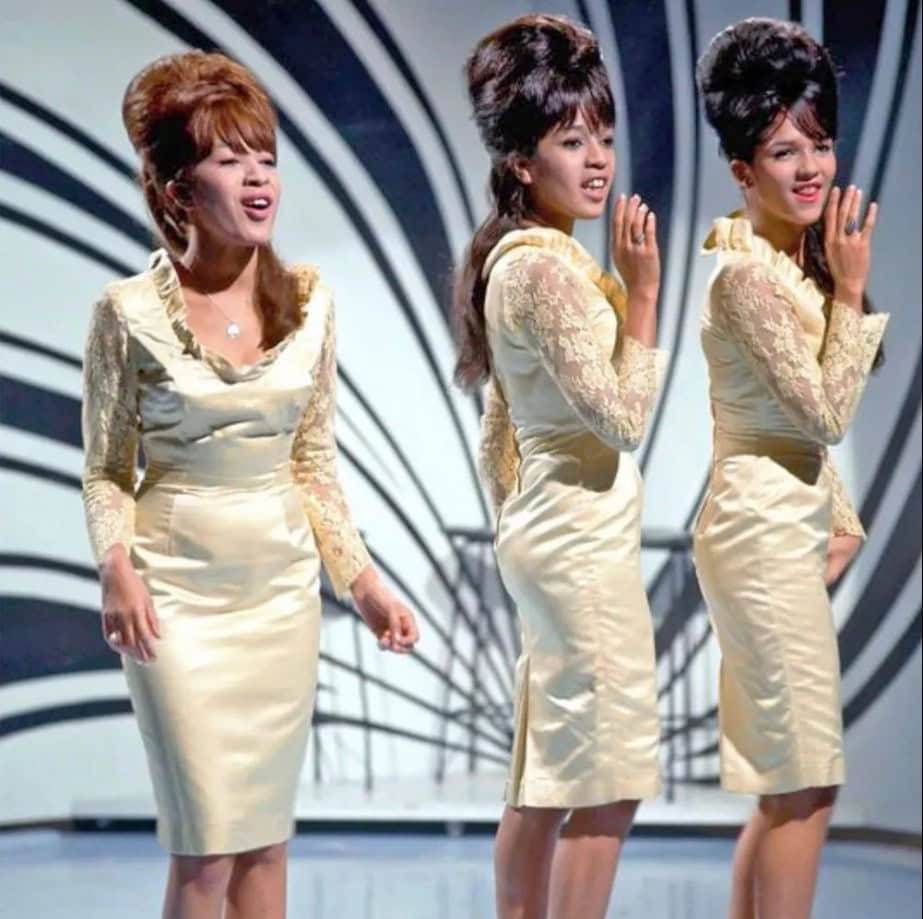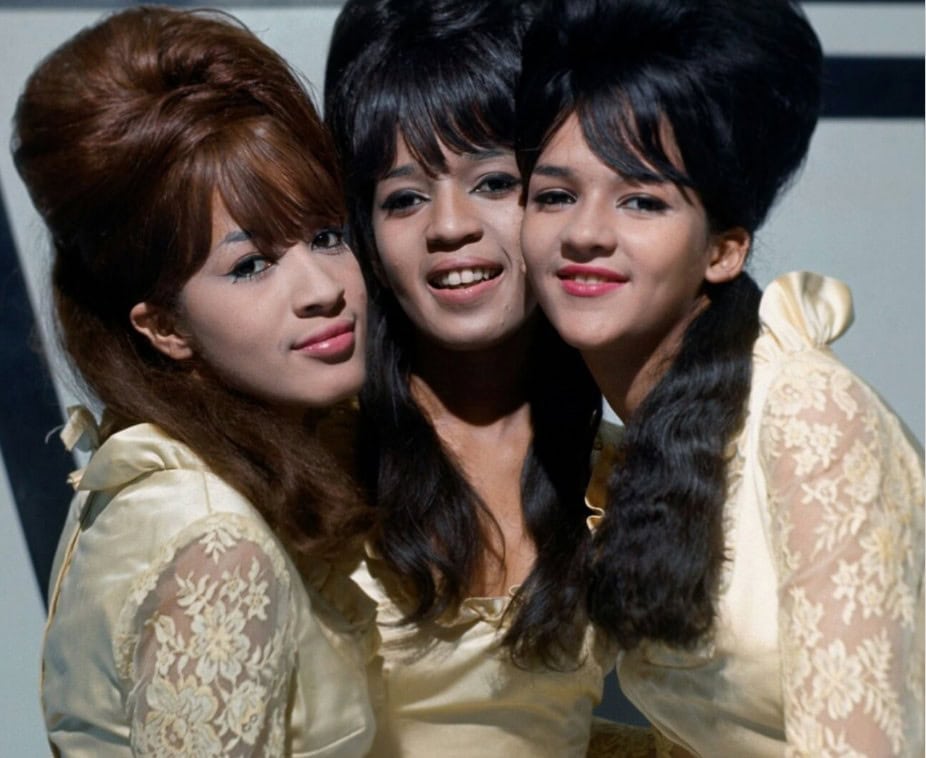About the song
The Ronettes were an American girl group from New York City, formed in 1959. The group consisted of lead singer Ronnie Spector (née Veronica Bennett), her older sister Estelle Bennett, and their cousin Nedra Talley. The Ronettes were known for their dramatic and highly stylized performances, as well as their distinctive sound, which was characterized by Ronnie Spector’s powerful vocals and the group’s lush harmonies.
“Walking in the Rain” was written by Barry Mann, Cynthia Weil, and Phil Spector. It was originally recorded by The Ronettes in 1964 and released as a single on Philles Records. The song was a commercial success, reaching number 23 on the Billboard Hot 100 chart in the United States. It has since become one of The Ronettes’ most popular and enduring songs.
The song is a dramatic ballad about a young woman who is heartbroken after being abandoned by her lover. The lyrics are full of vivid imagery, such as the “冰冷的雨” and the “darkened street”. The song’s emotional intensity is heightened by Ronnie Spector’s passionate vocals.
“Walking in the Rain” is a classic example of the “Wall of Sound” production style that was pioneered by Phil Spector. The song features a dense and layered sound that is created by multiple guitars, drums, and other instruments. The Wall of Sound technique creates a dramatic and immersive listening experience that perfectly complements the song’s emotional content.
“Walking in the Rain” has been covered by many artists, including Jay and the Americans, The Walker Brothers, and Dionne Warwick. However, The Ronettes’ version remains the definitive recording. The song is a classic of 1960s pop music and continues to be enjoyed by listeners of all ages.
Here are some additional details about the song:
- The song was recorded at the legendary Gold Star Studios in Los Angeles.
- The session musicians on the song included Hal Blaine on drums, Barney Kessel on guitar, and Leon Russell on piano.
- The song was produced by Phil Spector.
- The song was released as a single in 1964.
- The song reached number 23 on the Billboard Hot 100 chart in the United States.
- The song has been covered by many artists, including Jay and the Americans, The Walker Brothers, and Dionne Warwick.
- The Ronettes’ version of the song remains the definitive recording.
- The song is a classic of 1960s pop music and continues to be enjoyed by listeners of all ages.

